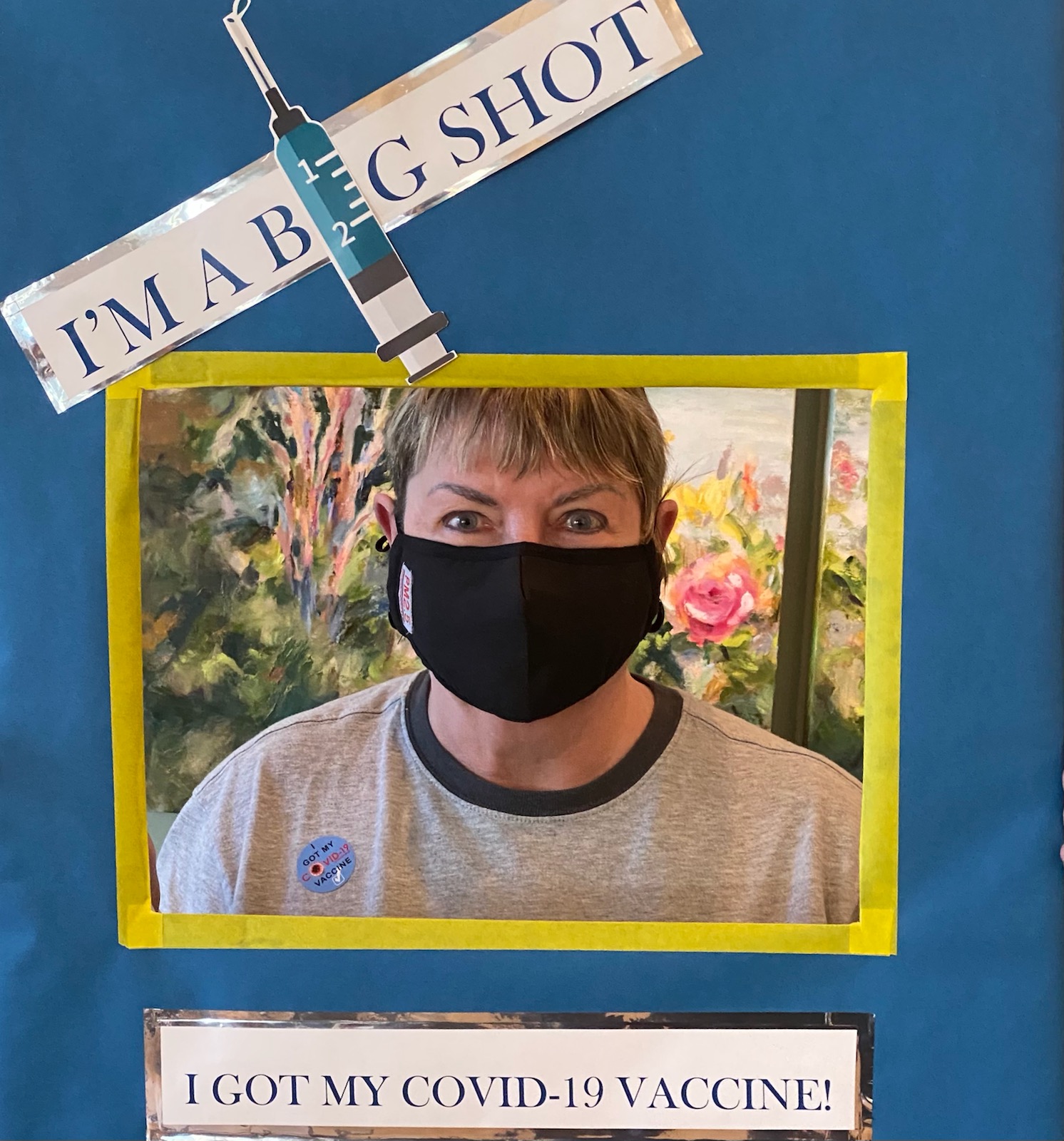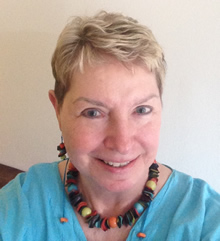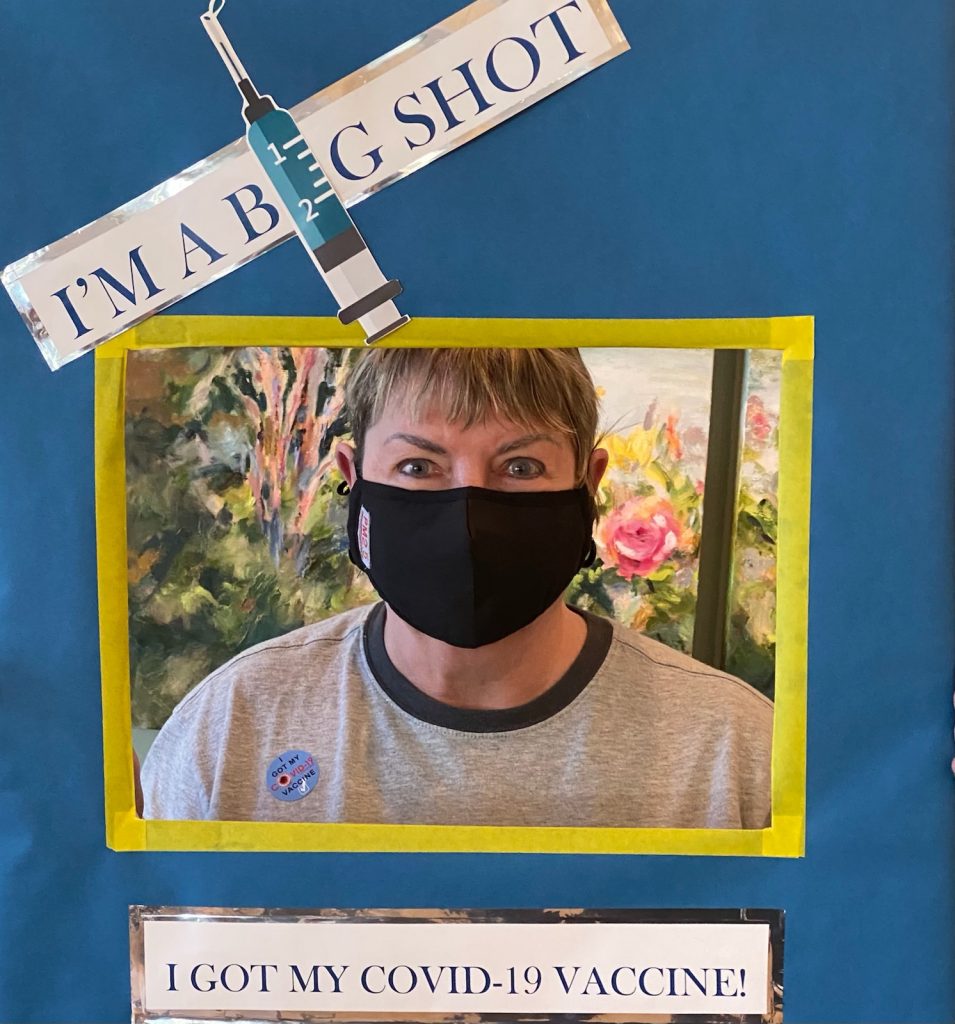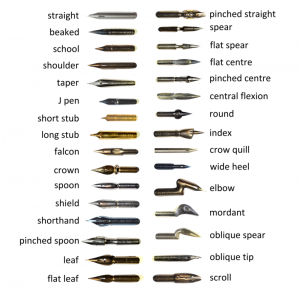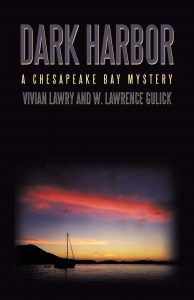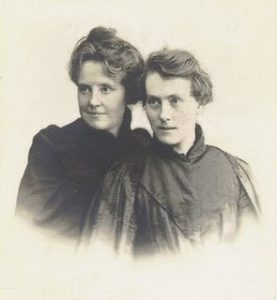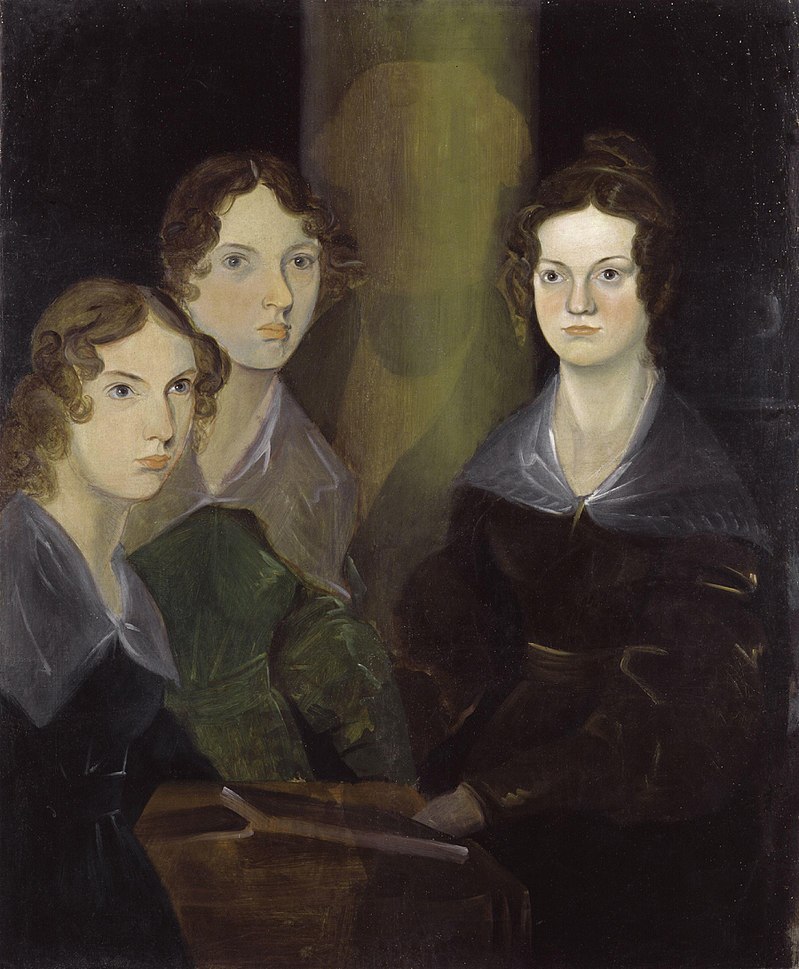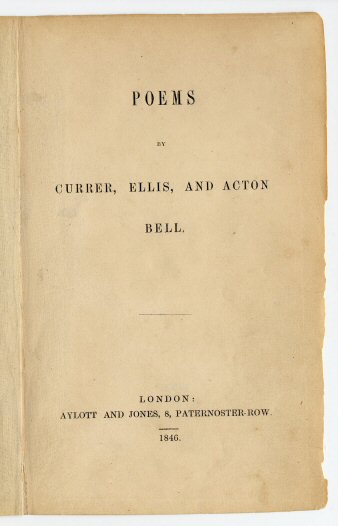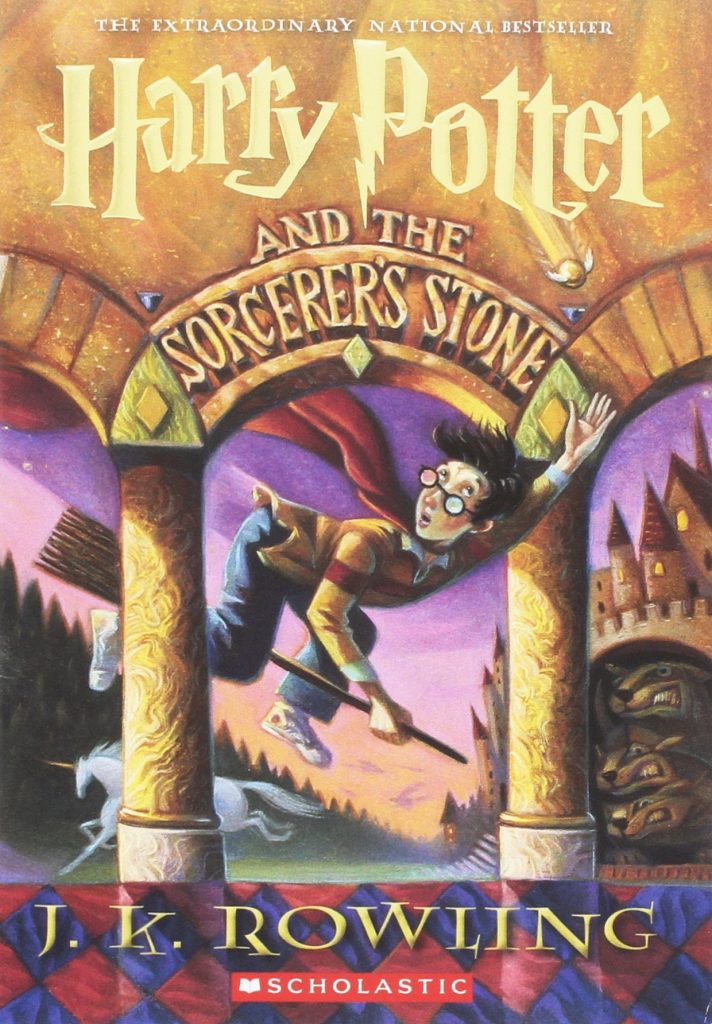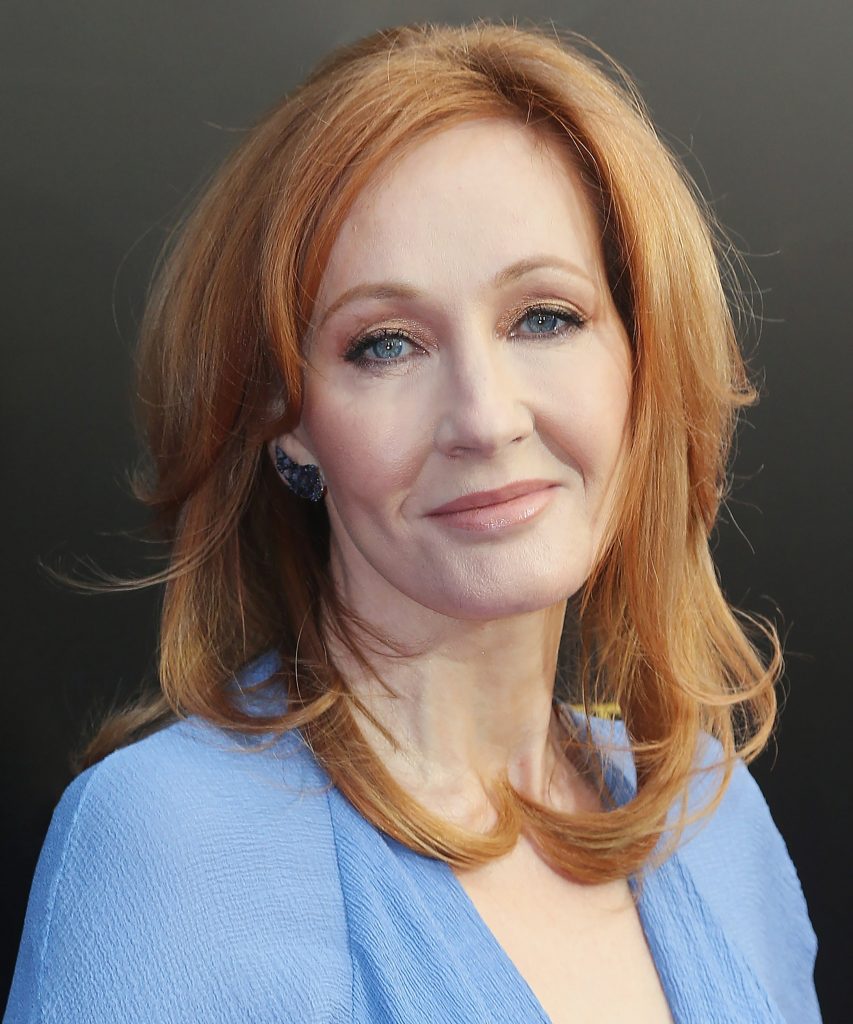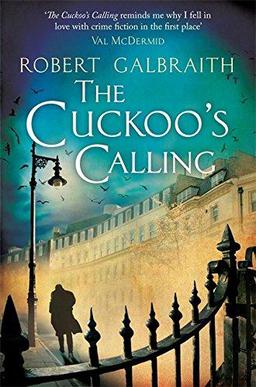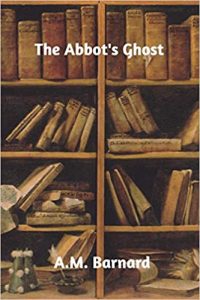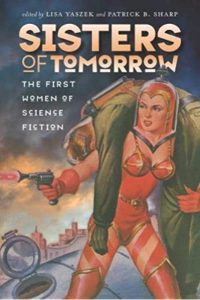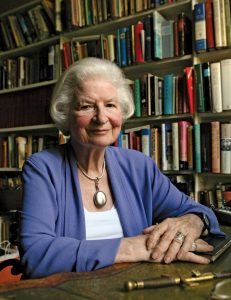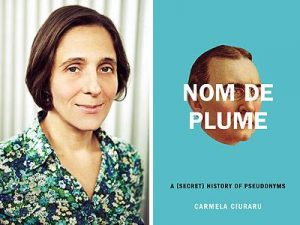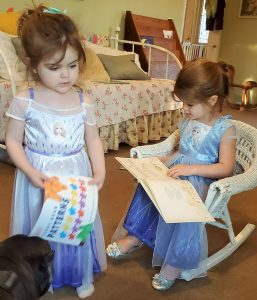Humans have been telling stories for millennia, and the invention of the written word has allowed us to preserve and share our stories. The importance of writing, any kind of writing, is difficult to overstate.
Lesser Importance of Writing for Money
According to an article by Alison Flood of The Guardian, a 2014 survey revealed that 54% of “traditionally-published” authors and nearly 80% of self-published authors earn less than $1,000 a year. In this same survey, only a minority of respondents listed making money as “extremely important”—around 20% of self-published writers and 25% of traditionally-published authors. Overall, Flood concluded, “Most authors write because they want to share something with the world or gain recognition of some sort.” Clearly, most writers aren’t in it to put food on the table.
If you aren’t writing to put food on the table, you’re writing to feed your soul. And if you are writing to put food on the table, you are likely on a starvation diet!
Importance of Writing for Health
So why write? Because it’s good for you! A regular writing practice can benefit every aspect of your life. Many people have researched the importance of writing. I’ve combined below some of the findings discussed by Baihley Grandison (“11 Reasons Writing is Good for Your Health”, Writers Digest), Amanda L. Chan (“6 Unexpected Ways Writing Can Transform Your Health“, Huffington Post), and Jordan Rosenfeld (“Your Writing Practice is Calling | Why Do You Write?“, Medium).
Physical
- Increase memory capacity
- Healthier immune system
- Reduce blood pressure
- Improve lung function
- Boost athletic performance
- Writing what you’re thankful for could help you sleep better
- Writing entertains you and others, and having fun is an important part of good health
- It could help cancer patients think about their disease
My own experience with breast cancer and its treatment gave rise to three publications: a magical realism piece, “Beast and the Beauty”; a memoir titled “Hindsight” about altering my view of my mother’s invalidism; and a newspaper essay titled “Repair or Redecorate After Breast Cancer.”
Social
- Learn to communicate better
- Boost job prospects
- Writing connects you with others through blogging, writing groups, live readings, and self-publishing outlets like Scribd and Smashwords
- Through writing, we preserve stories and memories that may otherwise be lost
Mental
- Expressing emotions through words may speed healing
- It can form a fundamental part of your gratitude practice
- Creativity has been proven to have positive effects on health, self-esteem, and vitality
- Writing is good for your brain, creating a state similar to meditation
- Writing hones your powers of observation, giving you a fuller experience of life
- Writing hones your powers of concentration and attention, which is more fractured than ever thanks to technology and TV
- Writing strengthens your imagination, and imagination is key to feeling hope and joy
Importance of Writing in My Life
From college until I left paid employment thirty years later—excepting the occasional lines of private poetry—I wrote only academic articles and research reports. When no longer employed, with no title and no built-in social network, I found myself lost. And depressed.
That’s when I started writing Dark Harbor. Mysteries had been my favorite escapist reading, so of course I thought I could write one! I quickly realized I had no idea what I was doing and enrolled in a writing class at the VMFA Studio School. And here I am, four books and more than seventy short stories later, still writing.
It keeps my brain sharp. I learn new things when researching stories—everything from the effects of ketamine on humans to the price of gasoline in 1930 to the characteristics of Buff Orpington hens. I understand myself better in relation to my family. I meet interesting people. (I’ve never met a boring writer!) My journal helps me keep track of personal events, thoughts, and trivia. Publishing—even without much financial reward—is good for my self-esteem. And now that I am a writer, I no longer define myself by what I used to be—as in, “I’m a retired academic.”
Bottom Line: Write for your health, for your community, for your sanity, for your soul. Whatever the reason, write!





